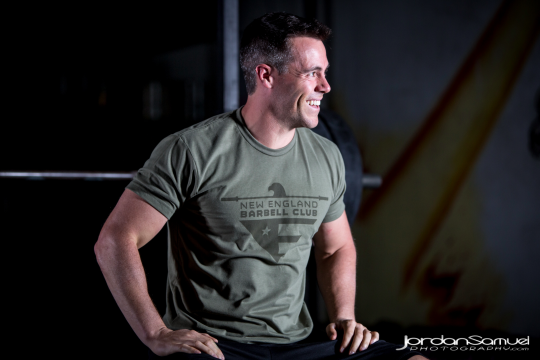How to sell your artwork: Know Your Value

Charlie is more than a dog. She is constant love and creator of joy.
People ask regularly how I ended up in the arts with my background from rural Minnesota and two engineering degrees. I will spare the details of the journey for another post, but my vocation in the arts is due to my recognition that art is the most valuable creation of humankind.
Art is hoarded by people in positions of influence across history and frankly, it is what endures from every civilization. As much as we revere science and technology today, they will always be a part of the process, never the destination. 1000 years from today our data and the findings gleaned will make us look like flatearthers and I have no doubt the iPhone 12 will overwhelmingly end up in the heap of refuse.
What is it about art that makes it so valuable?
To the creators, their artwork is an opportunity to be fully seen. Art is the tool we use to express ourselves. It brings the deepest parts of our being into the world. The word on paper, the paint on canvas, the harmony of stroked keys, the movement through space and the images captured on film are the manifestations of our thinking, our feeling and our intuitions. The work we create is the essence of who we are. It allows us to understand ourselves and just as important it allows others to understand us as well.
To other individuals, artwork is an opportunity to also be seen as well as expand the resources that are available to them. An artist allows their audience to say things that they could never put into words themselves. But more powerfully, the artist and their work allows the audience to think, to feel, and to sense the world in ways beyond their own faculties. Artworks allow the audience to gain knowledge, to build new relationships and to navigate the world in new ways. Through art, the audience is able to open up new opportunities.
When the audience becomes more than another individual the artwork is amplified. Society operating with a collective idea, feeling or sensation is a powerful tool for world changing activity. Art is often the catalyst that bends the universe towards love, justice and all the good things we aspire to. And yes, I should note it can also be used for detriment in the wrong hands.
Art has incredible power, for the creator, the audience and society and as such it is incredibly valuable!
My vocation is to help artists harness the value of their artwork so they can impact the world, and simultaneously help the audience harness the power of art to enrich their own lives and the world around them.
THIS IS THE FIRST PART IN A MULTIPART SERIES ON SELLING ART



